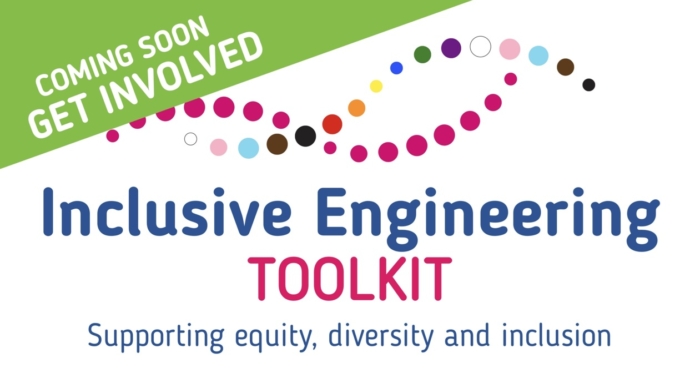Degree Apprenticeships Toolkit
There have been recent reports that graduate recruitment will flatten off and apprenticeship recruitment will increase by 23 per cent. Reports from the Skills Funding Agency (SFA) agree. They are currently meeting large employers and finding significant interest in apprenticeships at all levels.
Government guidance states that there are currently around 1,000 degree apprenticeships. Government has made a pledge to increase the number of apprenticeships starts to 3 million by 2020 and to support this aim they are helping higher education providers develop and deliver degree apprenticeships. A degree apprenticeship is a real job where the employer invests in training and the employee receives a first degree during the course of the apprenticeship. Apprentices work for 30 hours a week. Learning fits around that work commitment and requires flexible learning modes like day or block release, distance or blended learning. Overall these programmes provide the opportunity for HEIs to open up to a much wider and newer audience and to introduce and instil HE’s values, attitudes and expertise to a whole cohort that would not otherwise be accessed. It also enables HEIs to develop new relationships and collaborations with organisations and companies.
With the expected introduction of the “Apprenticeship Levy” on all large employers in the near future, there is now a huge financial incentive for employers to engage with these programmes – potentially as alternatives to traditional models of Higher Education, in order to recover their mandatory contribution to the Apprenticeship Levy, with this funding only being eligible to spend on apprenticeship programmes approved under the new standards.
Any views, thoughts, and opinions expressed herein are solely that of the author(s) and do not necessarily reflect the views, opinions, policies, or position of the Engineering Professors’ Council or the Toolkit sponsors and supporters.




